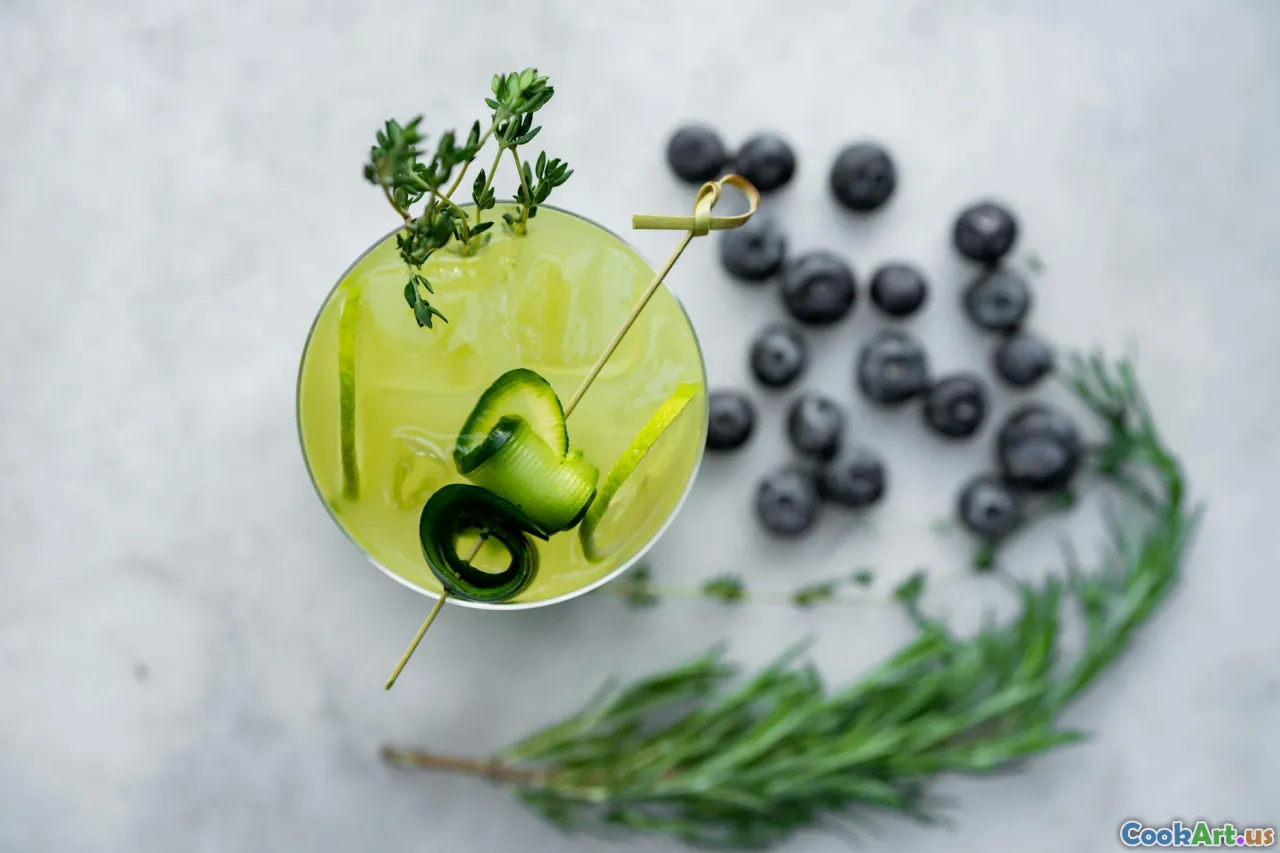Beverage Trends for Sustainable Bars
5 min read Explore the latest trends in sustainable bars, focusing on eco-friendly practices and innovative beverage creations. April 06, 2025 22:45
Beverage Trends for Sustainable Bars
As the world shifts towards greater environmental consciousness, the beverage industry is not lagging behind. Bars and restaurants are increasingly adopting sustainable practices that not only appeal to eco-aware consumers but also enhance the quality of their offerings. Here, we explore the top trends that are shaping sustainable bars today.
1. Local and Seasonal Ingredients
One of the most significant shifts in the cocktail scene is the emphasis on local and seasonal ingredients. By sourcing fruits, herbs, and spices from local farms, bartenders can create fresher, more flavorful beverages while minimizing their carbon footprint. Seasonal cocktails not only taste better but also resonate with customers looking for a deeper connection to their food and drink.
2. Zero Waste Practices
The zero waste movement has made its way into bars, where bartenders are now finding inventive ways to use every part of an ingredient. Citrus peels, for instance, can be dried and used as garnishes or infused into spirits. Leftover fruits can be transformed into syrups or shrubs, ensuring that nothing goes to waste. This practice not only reduces waste but also adds unique flavors to cocktails.
3. Eco-Friendly Packaging
Sustainable bars are also paying attention to their packaging. Many are opting for eco-friendly straws, reusable glassware, and biodegradable containers for takeout cocktails. This shift is not just about reducing waste; it reflects a commitment to the environment that consumers increasingly value when choosing where to spend their money.
4. Plant-Based Mixology
With the rise of veganism and plant-based diets, plant-based mixology is gaining traction. Bartenders are experimenting with non-alcoholic spirits, herbal infusions, and vegetable juices to create innovative cocktails that cater to health-conscious consumers. This trend showcases the versatility of plants and encourages drinkers to explore flavors beyond traditional spirits.
5. Sustainable Spirits
More distilleries are recognizing the demand for sustainable spirits made from organic ingredients and produced using eco-friendly methods. From gin distilled with foraged botanicals to whiskey aged in repurposed barrels, these spirits not only offer unique flavors but also tell a story of sustainability. Bars that feature these spirits can attract consumers interested in supporting ethical brands.
6. Community Engagement
Sustainable bars are also becoming community hubs. Many host workshops on mixology, cocktail-making using local ingredients, or even DIY fermentation sessions. This not only fosters a sense of community but also educates consumers on the importance of sustainability in the food and beverage sectors.
7. Fermentation and Craft Beverages
Fermentation is experiencing a renaissance, with bartenders experimenting with fermented ingredients like kombucha, kefir, and even homemade vinegars. These ingredients not only offer complex flavors but also align with the growing trend of health-oriented drinking. Craft beverages made from fermented ingredients can serve as unique bases for cocktails, offering a refreshing twist on traditional recipes.
8. Cultural Influences
As bars embrace a global perspective, we see a fusion of cultural influences in cocktail creation. Ingredients and techniques from various cultures are being incorporated into drinks, allowing for unique flavor profiles that celebrate diversity. This not only broadens the palate of consumers but also promotes cultural appreciation.
Conclusion
As the cocktail culture evolves, so too does its responsibility towards the environment. Sustainable bars are not just a trend; they represent a fundamental shift in how we think about our drinks. By prioritizing local ingredients, reducing waste, and engaging with the community, bartenders are paving the way for a more sustainable future in mixology. Whether you’re a consumer or a bartender, embracing these trends can lead to not only a more enjoyable drinking experience but also a healthier planet.









